Beerducation
Beerstory
The history of beer in a few hops
Table of Contents
Beer happens to be the third most consumed beverage in the world, just behind tea and water. It is the most consumed alcoholic beverage in the world!

First Traces
Beer has been traced back to ancient China about 9000 years ago but in 2015, a professor at Stanford University name Li Liu forged an archaeological expedition in Israel at Raqefet Cave. This site is believed to contain important information about humans change from hunter-gatherers into farmers. What they found was residue from starchy food. “At first, we just wanted to know what plant remains may have survived on those mortars but about a year later, we realized some starch granules showing damaged features caused by fermentation”, said Liu.
They found “the earliest archaeological evidence for cereal-based beer brewing by a semi-sedentary, foraging people”, according to a study in Journal of Archaeological Science.
“It’s impacted us all around the world, because beer tends to be the most common beverage you can produce from any carbohydrate. The domestication of barley goes back to 8000 B.C., so why would they domesticate it unless they were going to make a lot of beer?” – Dr. Patrick McGovern, University of Pennsylvania Museum

Beer still lacked a worthy amount of alcohol until a few thousand years later when the process of malting was discovered, supposedly again by the Mesopotamians about 2000-3000 BC. They really knew their stuff!
Beer Bread

The tradition of brewing beer has been firmly documented as far back as about 5000 years ago, with some pottery hinting at possibly 7000 years. However, it was nothing like we are used to today. The Sumerians from Mesopotamia created what we now call “beer bread”. This was bread only half baked, and then soaked in water which created a fermented brew. This brew was then usually flavored with a variety of herbs and honey. Because it shared so many similarities with its boring cousin plain bread, society believed it to be an equally healthy part of the daily diet!

Mesopotamia & Sumerians
The Hymn to Ninkasi is the earliest written piece of history regarding beer. This hymn comes from ancient Mesopotamia, and dates back to 1800 B.C. Ninkasi was one of the only goddess of Sumerian culture, and she was the goddess of brewing! This hymn gives techniques on brewing and even a recipe for making beer from barley bread – and praising their goddess of course.
Sumerian women were limited in equality, however they held sole responsibility for the process of brewing beer, and were allowed to open their own taverns for income. In fact, there was a book nearly 300 laws that governed Mesopotamia and Sumer called the Code of Hammurabi, and it bestowed total jurisdiction of brewing beer to women.
Egypt
Although not revered as a practice, ancient Egyptians regarded brewing as a domestic chore performed by women. Ironically, Egyptian goddesses were also worshipped as part of the brewing process like their Mesopotamian brethren. It is believed that the goddess Hathor was the enchantress of brewing, and that there was even a yearly festival that celebrated her drunkenness.

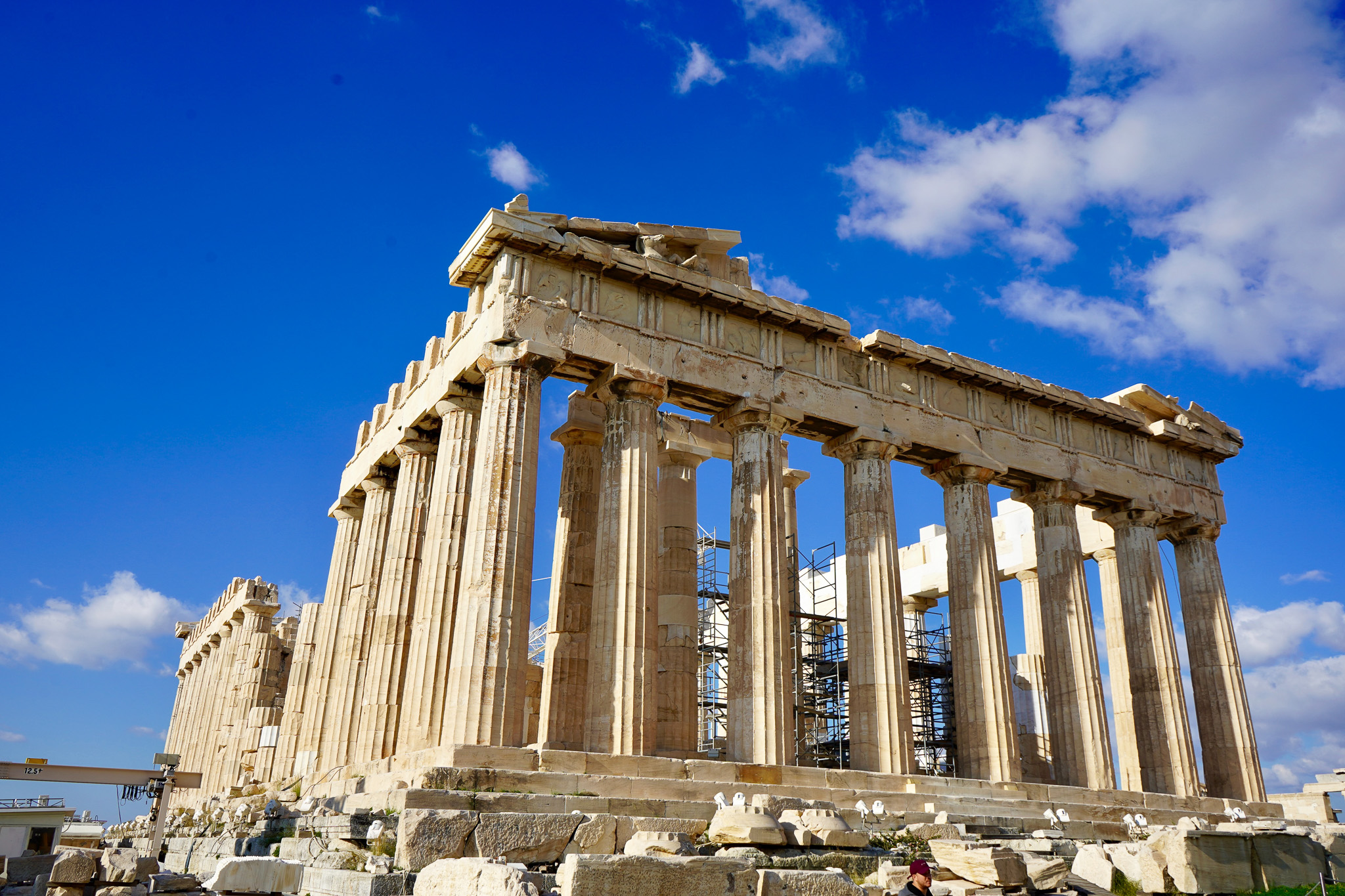
Ancient Greece & Rome
Although beer was a large part of Sumerian and Egyptian culture, ancient Greeks and Romans preferred wine. They looked down on beer, considering it the drink of barbarians! Rome did however bring beer to northern parts of their empire since growing wine vineyards was not feasible in colder climates.
South America
In South America corn beer is called Chicha. During the Incan Empire (1400-1533 A.D.), chicha was an important part of religious practices, used to barter and pay, and of course was vital for feasts. Guess who brewed it? Only the elite women of society.
Early England
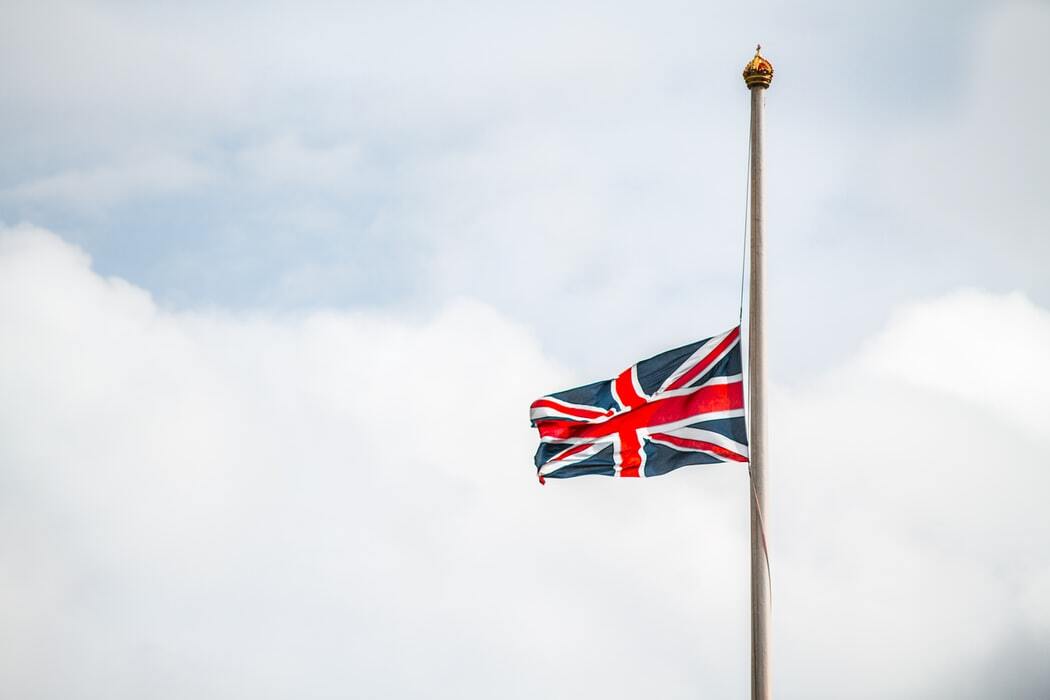
“Women in 14th century England were not afforded the same opportunities as men similar to ancient cultures, but were respected for their part with beer. Water was dirty, beer was healthier to drink and they helped ensure quality. “So many previous societies have relied upon [beer] for a very large source of their nutrients”, stated Tara Nurin, who was a freelance journalist and a beer and spirits contributor for Forbes magazine. Brewing provided women with job opportunities, along with the ability to become ale testers. They were the judge of determining if a beer was being sold at a fair price, after a taste test of course.
American Beer History
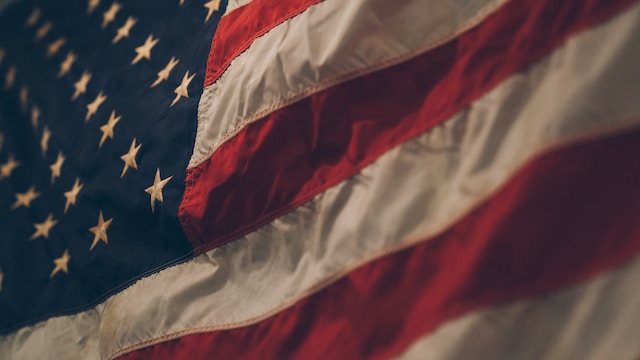
Colonists have been brewing beer in the U.S. as far back as 1587 – in Virginia, they were actually making beer with corn! Come 1632, the first official and commercial brewery opened in present day Manhattan, New York – known back then as “New Amsterdam” as it was controlled by the Dutch, and run by the Dutch West India Company.
The concept of breweries quickly expanded as America grew. As new towns were formed, taverns and breweries were often some of the first structures built. This enticed travelers to stop and stay. Townsfolk could spend time working instead of brewing, and then this also encouraged the use of currency which helped grow the towns more. This also became safer, as some would leave their brew fires unattended which had disastrous consequences.
Did you know that George Washington, John Adams, Thomas Jefferson, James Madison and even Barack Obama all brewed beer? The White House and Washington are decked with history of brewing.
As present becomes past, age-old and long standing breweries have closed their doors for one reason or another. Currently the oldest brewery in America that is open for business, is D.G. Yuengling & Son, Inc., A.K.A Yeungling. Found mostly on the east coast, they have two breweries in Pottsville, PA and also one in Tampa, FL. Offering historical tours if you’re in the area, they were established in 1829 and are still family owned and operated!
Even Abraham Lincoln had something to say about Americans and beer: “If given the truth, [the people] can be depended upon to meet any national crisis. The great point is to bring them the real facts—and beer.” Abraham Lincoln
Women and Beer
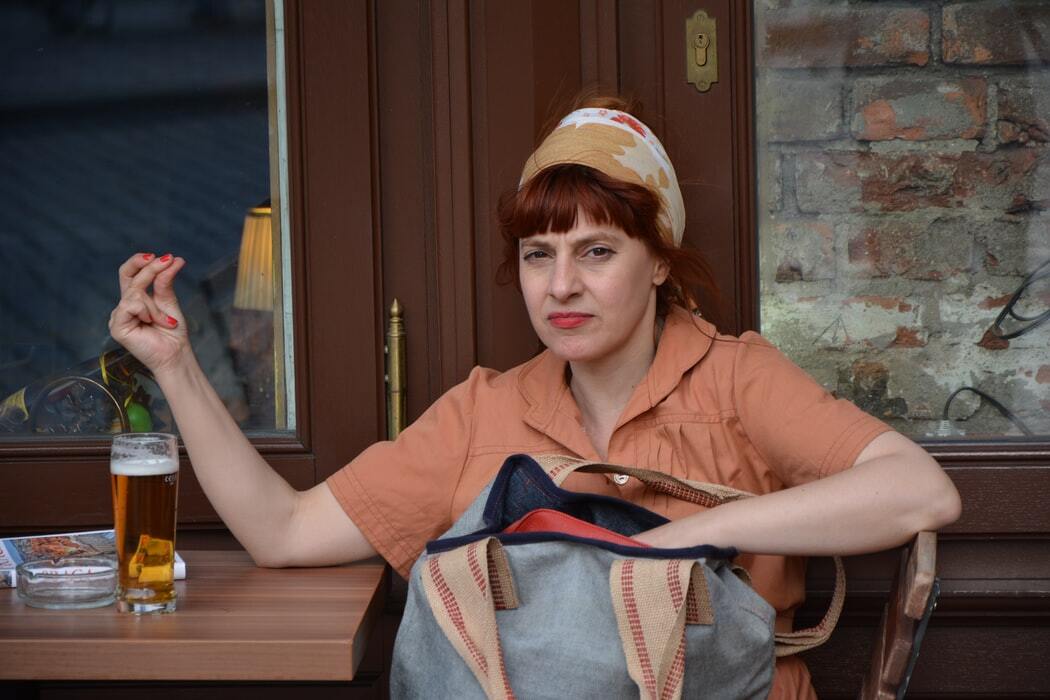
“Women basically have, in all societies, throughout world history, been primarily responsible for brewing beer”, Theresa McCulla, curator of the American Brewing History Initiative at the Smithsonian’s National Museum of American History. Although ancient society was mostly patriarchal, the process of brewing beer was considered a profession reserved for women and priests. Some beers were saved specifically for religious ceremonies!
Anna Janssens not only operated but owned at least four breweries in Antwerp, Belgium during the 16th century. She happens to be one of the more historically famous however there are many more female brewers of that era!
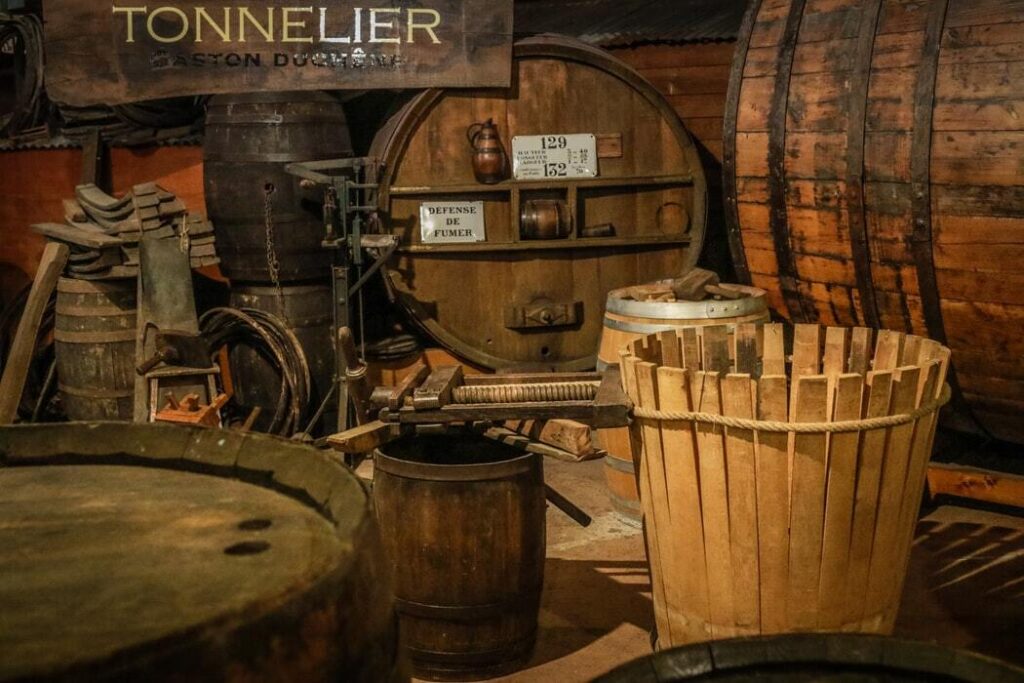
Modern Day Beer Culture
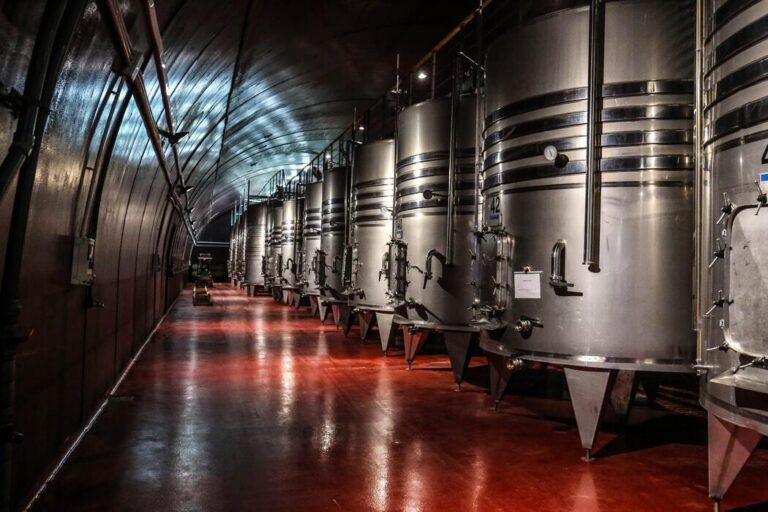
Unfortunately times have changed since the old ages. According to 2018 data from the Brewer’s Association, 22.6% of brewery owners are women in the U.S. and they account for 7.5% of brewers. As brewing became profitable and mainstream, women were cut out of the picture. “[There are] three forces that have basically kicked women out of brewing and put men in, and those are religion, politics and economics”, stated Nurin.
As advancements were made in the field of industry and production lines, women simply were not able to keep up on the financial level due to the inequality and projection upon them in society. There was a large push of science during the 19th century as well.
“The book, cookbooks and the how-to books of the time basically pooh-poohed the way women brewed beer and [said] that they had no idea what they were doing because the women had used generational oral knowledge, whereas [brewing] was starting to turn into something that you needed to use science for”, Nurin from Forbes said.

Thankfully, progress is happening! The Pink Boots Society was founded by Teri Fahrendorf who is a long time brewmaster. This group help women in the beer industry through networking and education. “We are seeing women involved in beer at levels that haven’t been since colonial time”, says Nurin.
Next time you grab that brew and have a sip, remember to thank the ladies for making it all possible!
Are you in the beer business? We want to hear your story and share it, click here to send us a message!
There’s a lot of history, stay tuned!
